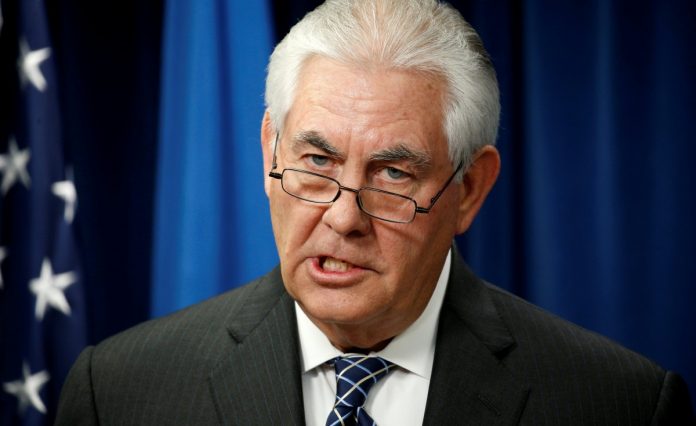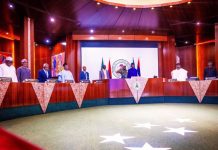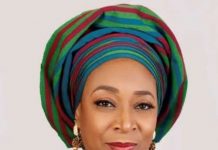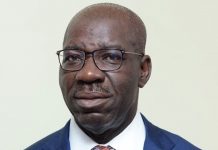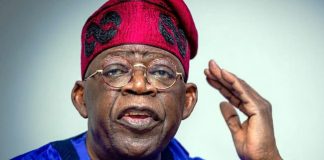There appears to be a co-relationship between forgiving sins and forgiving debts. The more one gets reprieve from either, the more the person falls back to the offense. In this case, however, the US is concerned about debts. It has expressed worry about the heavy indebtedness by African countries a few years after they were relieved of their debts by international financial institutions.
The US Department of State described such loans as unhelpful to the continent, while holding a background briefing on the current trip of Secretary of State, Rex Tillerson, to Africa. During the visit, the first since Donald Trump took office, Mr. Tillerson would meet with the leaders of Nigeria, Chad, Djibouti, Ethiopia and Kenya.
Thirty African countries are benefitting from reduction packages under the Heavily Indebted Poor Countries, HIPC. The initiative is expected to provide 76 billion dollars in debt-service relief over time. The influential Nigerian Finance Minister during the Olusegun Obasanjo era, Dr. Okonjo Iweala, ensured that the country benefitted from the debt relief package. About 12 billion dollars debt was cancelled for Nigeria after the country had repaid about 18 billion dollars.
Now, Nigeria has started heavy borrowing again. The debts have gone higher under the current Muhammadu Buhari administration, keeping many financial analysts worried. Although Vice President Yemi Osinbajo, has explained that the loans were judiciously being utilized, not many observers are convinced.
The Multi-lateral Debt Relief Initiative allowed for total relief on eligible debts by three multilateral institutions – the International Monetary Fund, the World Bank, and the African Development Fund – for countries completing the HIPC Initiative process. The US State Department believes that the rising economic profile of China in the African continent is part of the problem. It said the US will meet with Chinese leaders in Washington to talk about their programs in Africa.






